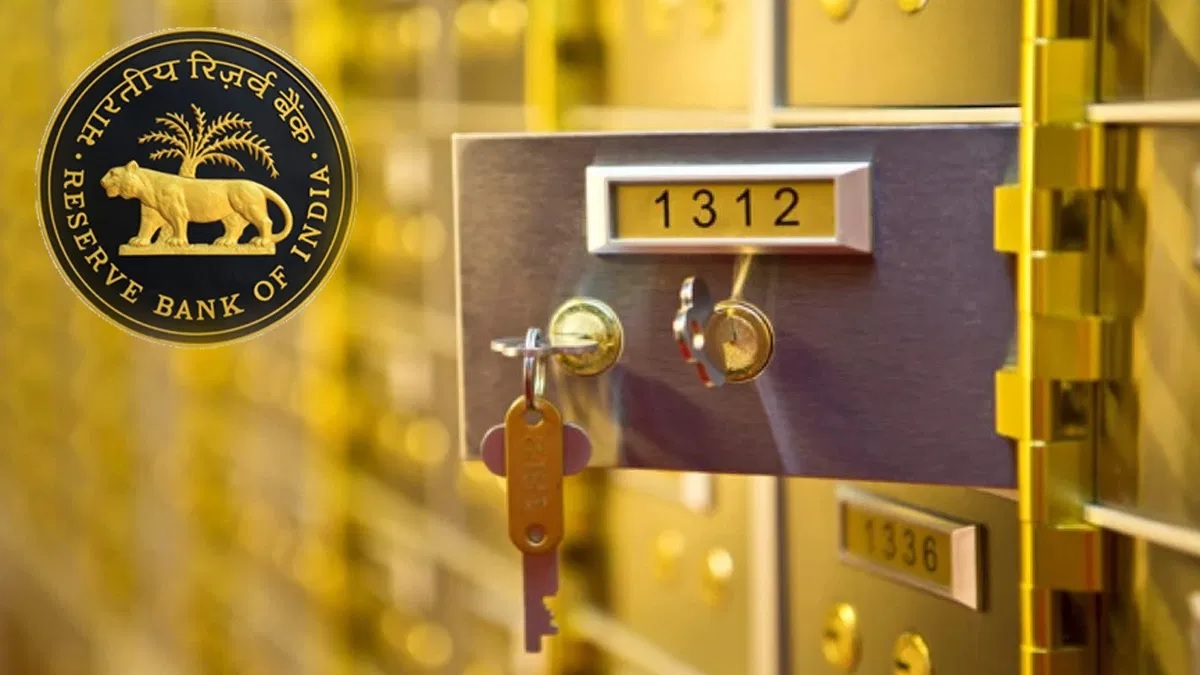A bank locker is a safe deposit box that is available on rent, in which jewelry and important documents can be kept. To get a locker, it is necessary to have a savings or current account. Its rent depends on the size of the locker and the bank branch. Let’s know what a bank locker is
What is a bank locker?
A bank locker is a safe deposit box, which you can rent from a bank and keep your valuables like jewelry, documents, etc.
Rent and Deposit
The annual rent of a locker depends on its size and the location of the branch. The rent for a small locker can start from ₹ 1,000 in a rural branch, while the rent for a large locker can be more than ₹ 10,000 in a metropolitan city. In addition, a fixed deposit is usually required as security.
You must have an account
to get a locker. You usually need to have a savings or current account with a bank. The locker is linked to your account.
Insurance for items in lockers:
Items kept in a bank locker are not automatically insured. The bank is only responsible for the security of the locker area, not the contents inside the locker.
Insurance Options
Some banks now offer insurance options for locker contents in collaboration with third party insurance companies. If you are keeping gold or other valuables, it would be wise to take out insurance.
Record of Locker Visits
The locker can be used only during the working hours of the bank. The bank keeps a record of every visit through a journal or biometrics. Apart from this, the locker can also be taken jointly and a nominee can also be appointed. Both the joint holders can use the locker as per their convenience.
Post-death process
After the death of the locker holder, the contents of the locker are transferred to the nominee person upon submission of the required documents.
In the new RBI rules
2021, RBI has made new rules for lockers, in which the use of a standard agreement form is mandatory and the locker holder is required to visit the locker at least once in 5 years. If the locker is not used for 5 years, the bank can open the locker by giving notice and take further action.
Bank Liability
If the contents of the locker get damaged due to the bank’s negligence, only the bank will be liable. Otherwise, the responsibility for the damage lies with the customer. Now if you have valuables that you cannot keep safe at home, a bank locker is a good option. But take the decision after considering the rent, limited access and insurance requirements.
